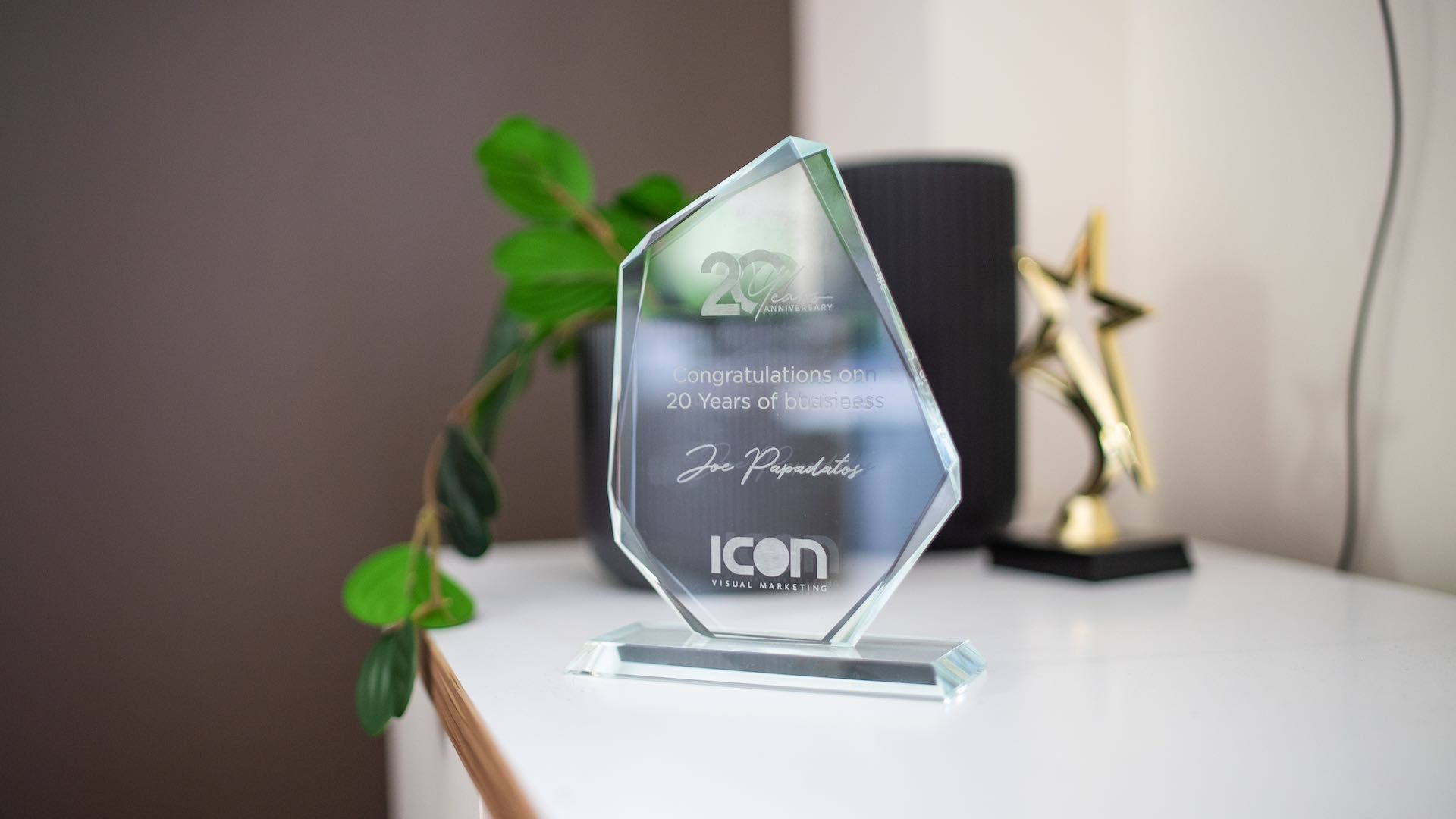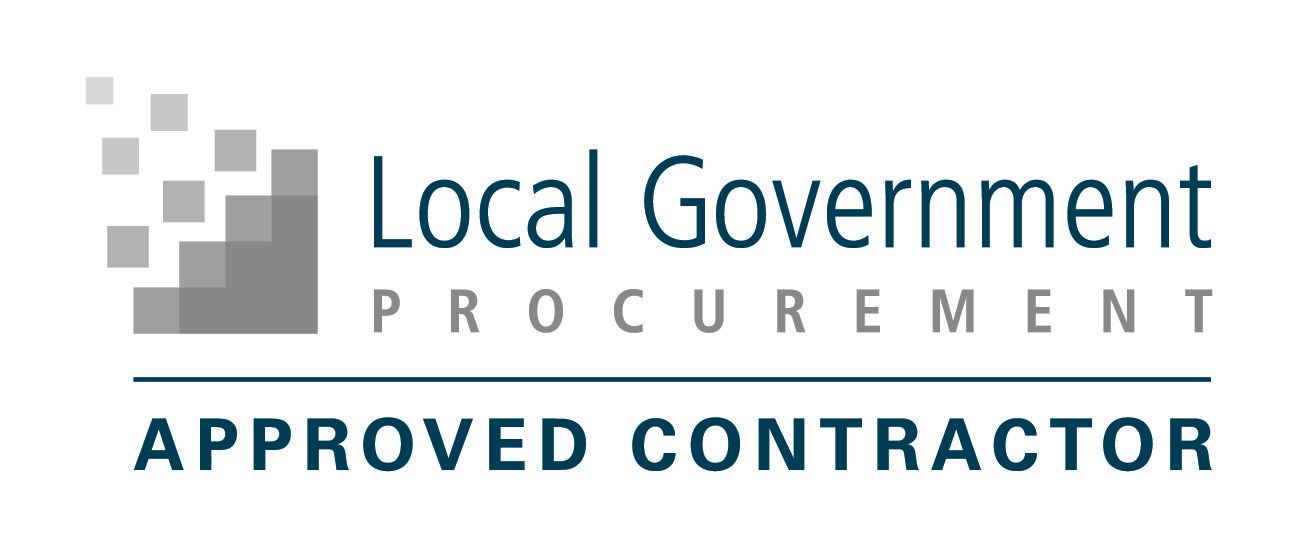Millennials want value alignment
Glenn Robinson, Head of Creative
By the year 2025, Millennials will make up 75% of the workforce.
Making up such a huge proportion of the workforce means that the Millennial-mindset has an overbearing influence on the state of employment.
Millennials, those born between 1981 and 1996, don’t consider income as being the primary reason for job satisfaction. Because of this, we’ve seen in the last 15 years that workplace loyalty has dropped. It’s rare to see a CV with a long tenure, anywhere.
Bear in mind that we are currently in a job-seeker’s market. LinkedIn, Seek and a plethora of other sites make job-seeking easier than it’s ever been, and there is a large supply of jobs available.
In my day, kids had to print their resume and awkwardly hand it in at shops to try and get a job. That’s what I did. The trend today seems to be more about job hopping to increase salary and find more fulfilment. And it’s becoming a cultural norm!
What does this have to do with purpose and value?
Millennials are the first generation to start talking about ‘purpose’ being important to them. A 2016 survey found that 83% of Millennials would be more loyal to a workplace if it cared about more than just company profit, and 94% of those under age 38 wanted to use their skills to benefit society, not just profit.
Don’t get me wrong, this isn’t limited to the young. Purpose-driven brands are booming across all age groups.
"94% of those under the age of 38 want to use their skills to benefit society, not just profit"
All of us benefit from the internet. Sites like Glassdoor allow anyone, anywhere to research what it is like to work for specific companies, compare salaries and get reviews. You can even simply Google what the average salary is for your job position. It may not be the employer’s responsibility to increase pay if an employee feels theirs is unjust. But the result has created a higher turnover of staff where expectations aren’t met.
Gen Z, those born between 1997 and 2012, are also following a similar trend. By 2025 they’ll make up to almost 30% of our workforce. They are the first generation to care MORE about purpose than salary.
I remember when I started working, it felt like a cardinal sin to ask someone about their salary. It was like asking a woman her age! You just didn’t do it. It was considered impolite. Now it’s commonplace to be transparent and share salary inside and outside of work. Discussions around the gender pay gap have created a consistently revolving hot topic. It’s all out on the table. But pay has becoming secondary. Staff want PURPOSE within their job AND they want to be paid well for it.
One of the movements that COVID propelled forward was the “great resignation”. It forced introspection and brought to the light the things that really matter – relationships, family and health. What if I was to die from this disease tomorrow? Would I be content knowing that 50% of my time is spent working for this organisation?
I read a lot, and one of the books that has made an impact on me is Tony Hsieh’s Delivering Happiness. I was deeply affected by his passing in 2020. I found his story compelling, his leadership style admirable and Zappos (his company) was at the forefront of purpose-led culture. In his book, Tony says that 50% of our happiness is determined by your genes. Another 40% is determined by what you do, and the last 10% is situational.
So, 40% of what you do can be split into three areas: work, home and social life. We spend one-third of our life working, and it can either be something we look forward to or something that brings us down.
But what business impact do feelings have? Well, this might shock you.
- Employees who are happy at work take 10 times fewer sick days
- Employees who are happy at work are 12% more productive
- Companies where employees are happy outperform competitors by 20%
So how do you even begin to start the journey of working on the company culture?
It starts with gathering the facts: where are we actually at? Then, looking forward, what is our ideal state?
Wayne Deeth, Senior Consultant in People & Culture at Icon Visual Marketing, works with management teams across Australia to realign them against their values and bring company-wide change. He helps companies work towards goals that are tangible both for management and the workforce. In short, creating a happier environment where the proof is in the pudding. Output goes up and with that, revenue also goes up.
Does that mean that we need to fabricate a purpose if we don’t have one? No, definitely not.
David C Baker, the expert’s expert in business, says he doesn’t “understand why we’re trying to find so much meaning in our work. It should be enough to arrange things so that you provide an honest impact for an honest fee. It’s true: some of you do have a remarkable platform for helping your clients fund cancer research or change something that you believe in deeply, but the rest of us are doing our jobs and that’s still glorious.”
If you have a purpose, then align yourself to it, and if it fulfils the consumer problem and your business problem – even better. Classically, the easiest way to pinpoint your purpose, besides earning money, is to ask: “Why does my business exist?”
Stay tuned for the next blog in this series:
Branding vs Marketing - why do I need to understand the difference?
KEEP IN TOUCH














